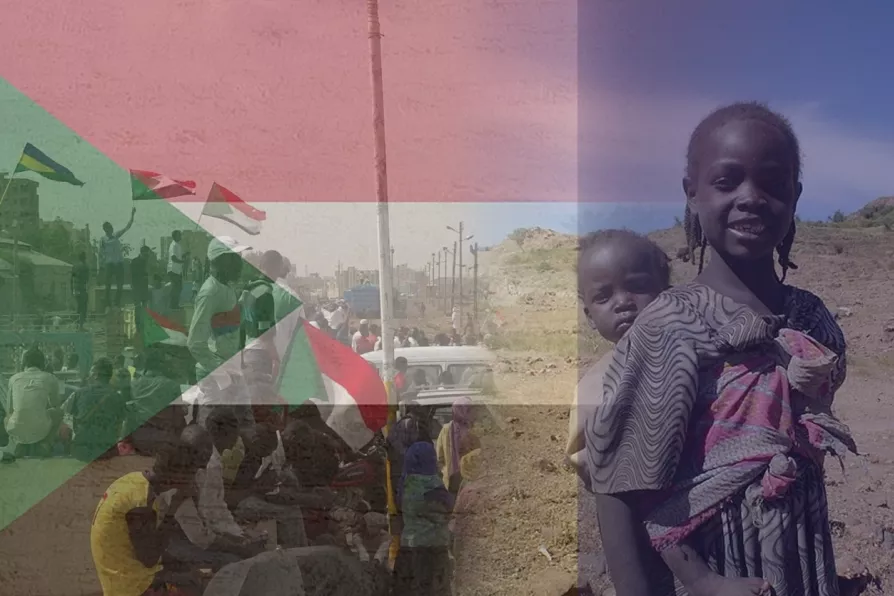Channel 4’s Dirty Business shows why private companies cannot be trusted with vital services like water, says PAUL DONOVAN

 The continuing deviation of the transitional government from the people’s demands and its persistence in transforming Sudan into a neoliberal state, will ultimately lead to further division and realignment on Sudan’s political scene
The continuing deviation of the transitional government from the people’s demands and its persistence in transforming Sudan into a neoliberal state, will ultimately lead to further division and realignment on Sudan’s political scene
AFTER months of daily peaceful protests throughout Sudan, a mass “sit-in” in front of the country’s army headquarters finally put an end to the 30-year rule of the National Islamic Front and dictator Omar al-Bashir in April 2019.
Today, there remain four distinct forces: the army high command and the Rapid Support Forces (RSF); the various political parties, alliances and armed movements; the revolutionary forces, including the resistance committees; and the international and regional powers.
Although the ousting of Bashir was an outcome of the build-up of the Sudanese people’s struggle and sacrifices throughout the years, the spark of the December 2018 revolution was an increase in the price of bread and the high cost of living. People took to the streets with the slogan “freedom, peace and justice.”
These aspirations were faced from the outset with the contradicting interests of certain minorities generally well-connected to the ex-regime and deep state, that were in full control of the country’s infrastructure and resources.
They are referred to as “parasitic capitalists” in Sudanese politics and control non-productive businesses that have emerged along with brokers, agents of foreign banks, petroleum capital and the different corruption and plunder-linked companies. The army seniors as well as the head of the RSF are linked with this group as they continue to protect their economic interests.

ROGER McKENZIE shines a light on conflicts in Sudan and Nigeria, where Western powers are intent on laying claim to valuable resources necessary for market dominance













